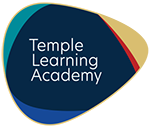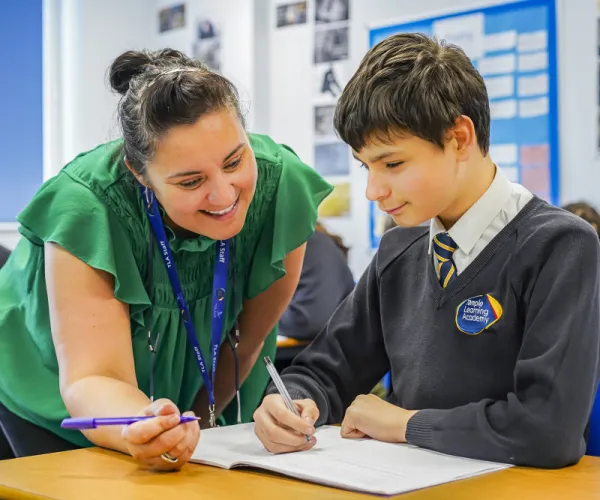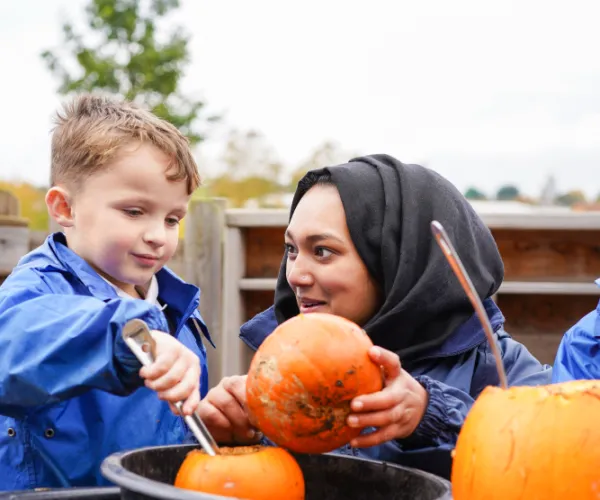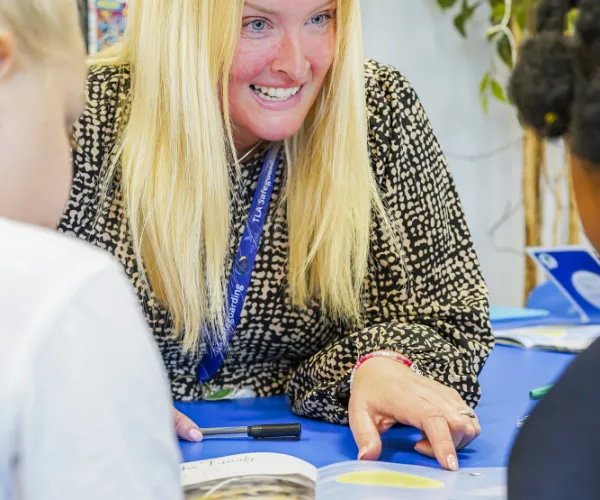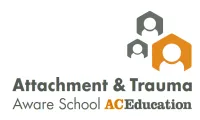Year 7
In Year 7 students, begin to develop their historical skills and understanding by studying the Dark ages and the life in Britain. Students will develop their understanding of historical interpretation by focusing on the Conquest of Britain up to 1066 and life within Early Medieval England. Moreover, students will continue to broaden their historical skills as they begin to develop their explanation skills whilst studying the relationship of religion and conflict within Tudor and Elizabethan England. Finally, students focus on the English Civil War, whereby they begin to develop their understanding of significance.
Year 8
In Year 8 students will focus on understanding the use of historical interpretations to help them investigate Native America and early colonisation by Britain. Moreover, year 8 investigate to rise of the British Empire and the effects it had globally on nations and people alike. Year 8 furthers student’s historical competencies with the study of sources, investigating their reliability and utility through the study of the Slave Trade and the investigation of the treatment of slaves in the Americas as a historical environment. The Year 8 journey continues with a focus on revolution with the themes being the French Revolution and the Industrial revolution and the impacts of both events retrospectively. Finally, Year 8 finish we the study on the Suffragette movement and the change women brought about in our History.
Year 9
Local history becomes the focus of students when they study World War I and the consequence this had upon Leeds, both at the time and beyond. With vital importance, students study the Holocaust and develop their understanding of this event and the significance of this event, both within History and today. Year 9 will then move onto understanding the significant turning points of World War II and how these events changed the course of History. This leads to the students studying the massive changes which took place in the UK and globally with the rise of Multiculturalism in Britain and the Civil Rights movement in America. Finally, the year 9 students will finish with learning about how cold was actually the Cold War.
At the end of KS3, students can choose whether to continue to study History into KS4 and gain a qualification. For those that do not continue to study History we hope they continue with their education with a lifelong love of History, understanding of History and appreciation of the past. We also hope that they will have developed skills such as explanation, evaluation and judgements which they take with them into future life.
